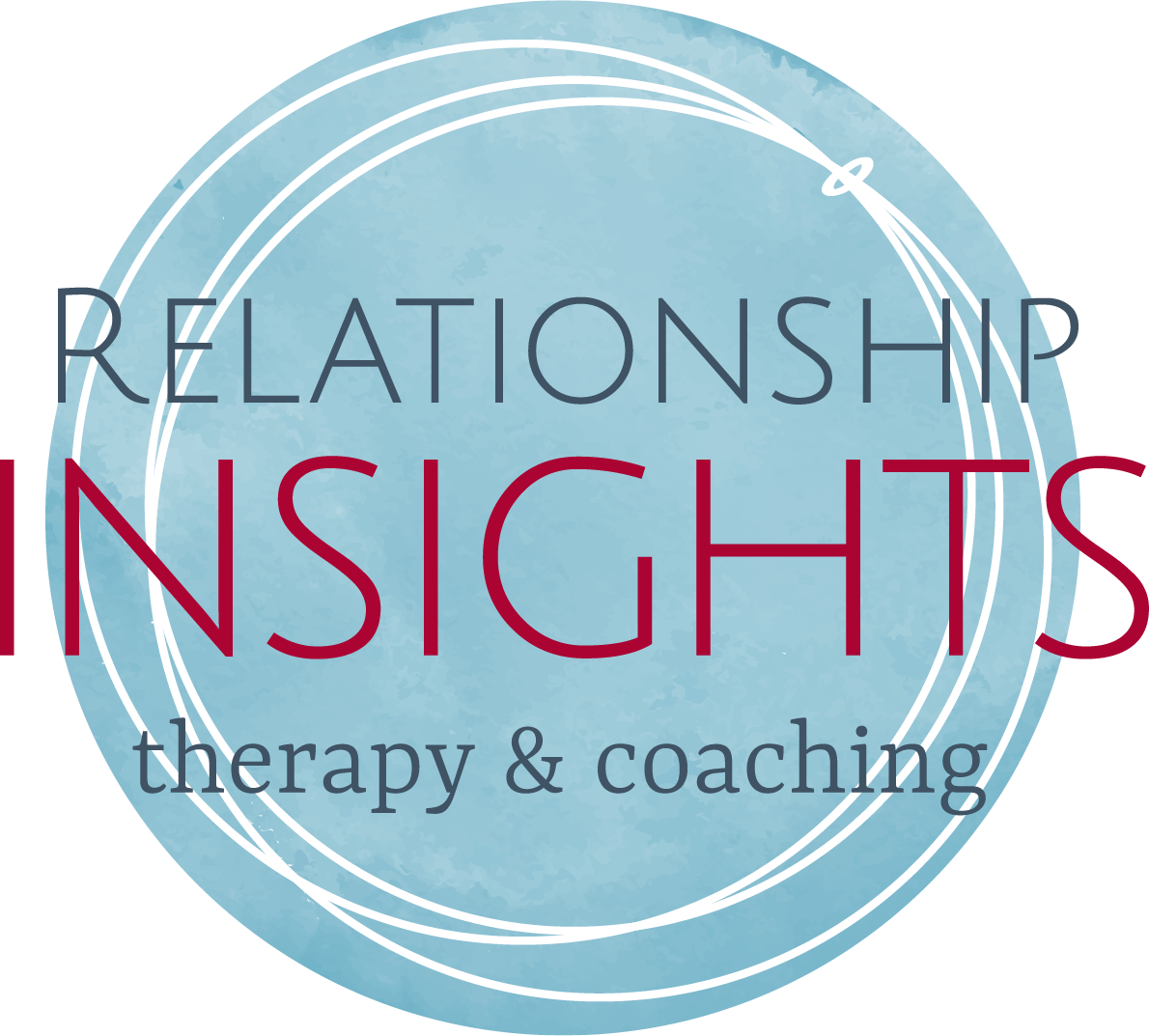THERAPY 101: CHOOSING A THERAPIST
If you’ve never been to therapy before, or have had particularly crappy experiences with choosing a therapist, the process can feel ridiculously daunting. Not only are you perhaps trying to navigate through the stigma of seeking out therapy in the first place, but also there are a lot of terms and things to know that we often don’t talk about.
Therapy 101 will be your comprehensive guide to all things therapy!
First thing’s first …
CHOOSING A THERAPIST THAT IS THE RIGHT FIT FOR YOU
Keep in mind that therapists are humans! And just like any random human you might interact with, not every therapist’s style or personality are the right fit for everyone. It can feel pretty overwhelming to dive headfirst into a search for a professional when you aren’t quite sure what you’re doing. Fear not, your handy dandy therapist-next-door is here to help!
MONEY, HONEY
We’re gonna get this one upfront and center because it’s a huge part of the consideration! It’s also a sticky spot for lots of us. Particularly right now, having conversations about finances can feel, well, yucky. It’s also part of the exchange. What’s your budget?! How much money can you realistically utilize to pay for therapy? There is a really big range of price points for seeking out services.
For interns and newly graduated professionals, you can expect to pay a lower rate than for fully licensed and very experienced clinicians. Many skilled therapists choose not to work with health insurance companies due to paperwork and low reimbursements. That being said, if an out of pocket expense of $60-$150 per session isn’t in your budget, your health insurance company will have a list of folks who operate within your insurance network. There may also be sliding scale fees or other options available for any therapist you find! It never hurts to send them a quick email and ask. Check out our rates to get a sense of what it might look like.
SHOP AROUND
Looking at profiles of therapists can feel an awful like dating. Remember something: you are paying for a professional service. You can expect to be treated with dignity, respect, and having your boundaries honored always. This isn’t a decision you have to take lightly. You get to ask lots of questions! Many therapists offer free or low-cost consultations that are built for this very thing.
If something is pertinent to your life, it’s fair to ask someone how they work with that. What kind of training does this particular person have? Does their profile say something that feels good to you? Anything in particular that you are curious about? Therapy is for and about you. What do you feel like you need? Reach out to lots of folks! Set up consultations or intake sessions with a few different therapists. Try them all on for size and see who you feel the most comfortable with.
CONSIDER SPECIALTIES
At the bottom of every profile for every therapist ever, there is probably a relatively long list of specialties and special interests that the therapist has. Check those out! If you’re looking for an LGBTQ+ identified or allied therapist, that therapist will have made it very clear that they are who you’re looking for. Same goes for BIPOC therapists and those who are culturally competent in ways that are relevant to your life. What specialties or special interests does a particular therapist have that stand out to you? This is a great way to begin to make sure that someone is more likely going to be a good fit for you.
Additionally, you might see words like Narrative Therapy, Existential Therapy, CBT, DBT, Gestalt Psychology, or, like, honestly a thousand others. This usually identifies a therapist’s preferred theoretical orientation. Each of these brands of therapy have different ways of thinking and different ways to treat similar issues or problems. If you want to know more about what a particular therapeutic orientation means, don’t be afraid to ask! And stay tuned for a closer look at some of these in future installments of Therapy 101!
WHAT DO THERAPIST TITLES MEAN?
It may feel strange to some to see the title Marriage and Family Therapist when they’re seeking therapy as an individual. Fear not! Marriage and Family Therapists (LMFT, LAMFT), Clinical Social Workers (LICSW), Licensed Professional Clinical Counselors (LPCC, LPCA), and others often function mostly similarly. There may be some slight variations in how different folks approach therapy, so if you don’t know, ask them!
TRUST YOUR INSTINCTS
You know yourself better than anyone else. Trust your instincts to read the situation and person accurately. If you feel like the person won’t serve your needs in the way you’d like, you can communicate that! Every really great therapist will want what’s best for you. Even if that means helping you find someone that fits you and your needs even better. Asking for referrals and recommendations based on your unique needs and personal preferences is A-OK! Most every therapist has a bunch of fellow therapist pals who they often refer to.
CHOOSING A THERAPIST: THE TAKEAWAY
Choosing the right therapist for you, as daunting as it can totally feel, is really the first most important step to building the life you really want. Making sure that you’re working with someone who allows you to feel supported, cared for, and encouraged by can make a huge difference in the outcome of therapy. Allow yourself the space to be curious, discerning, and open to all sorts of possibilities! There are so many different ways to be a human and there are lots of different ways to do therapy. Finding just the right mix will really help the process from start to end.
RESOURCES
You can find profiles for therapists in your area on
And a good old fashioned google search! Tip: be specific in your google search. Use terms that are relevant to you. For example, couples therapy Minneapolis or Twin Cities trauma therapist.
And you can always check out the wonderful therapists at Relationship Insights! Be sure to reach out if you have any questions or if there is anything that we can do to support you!

